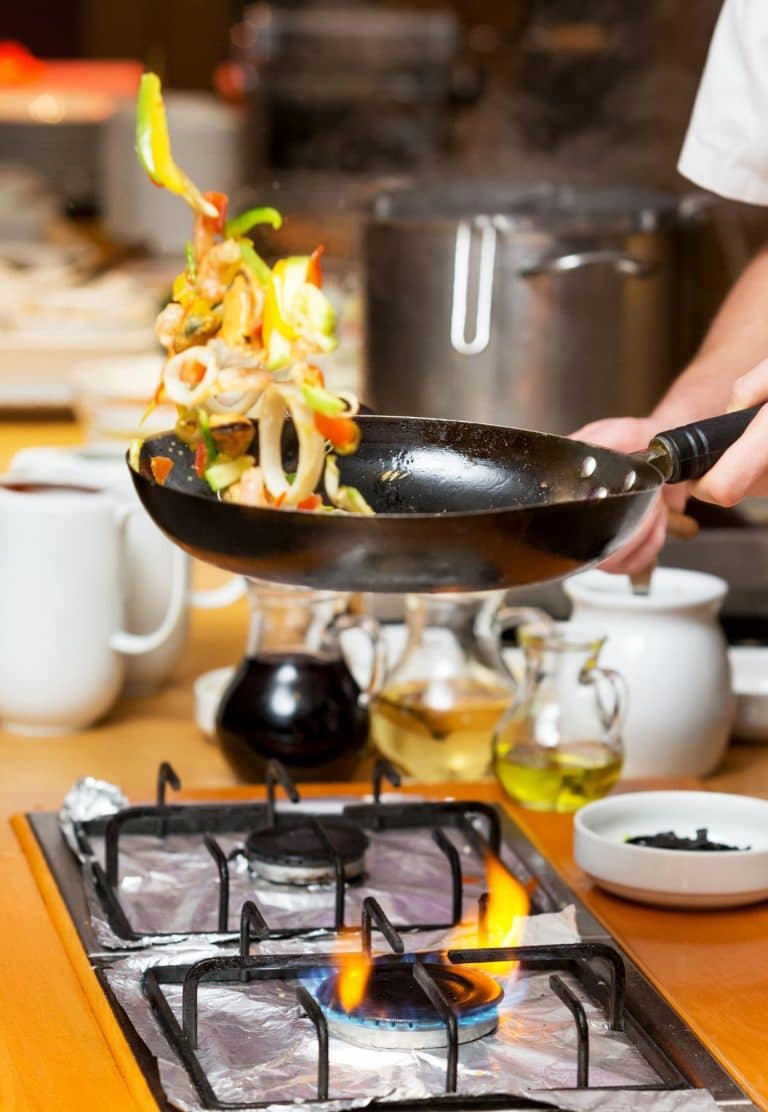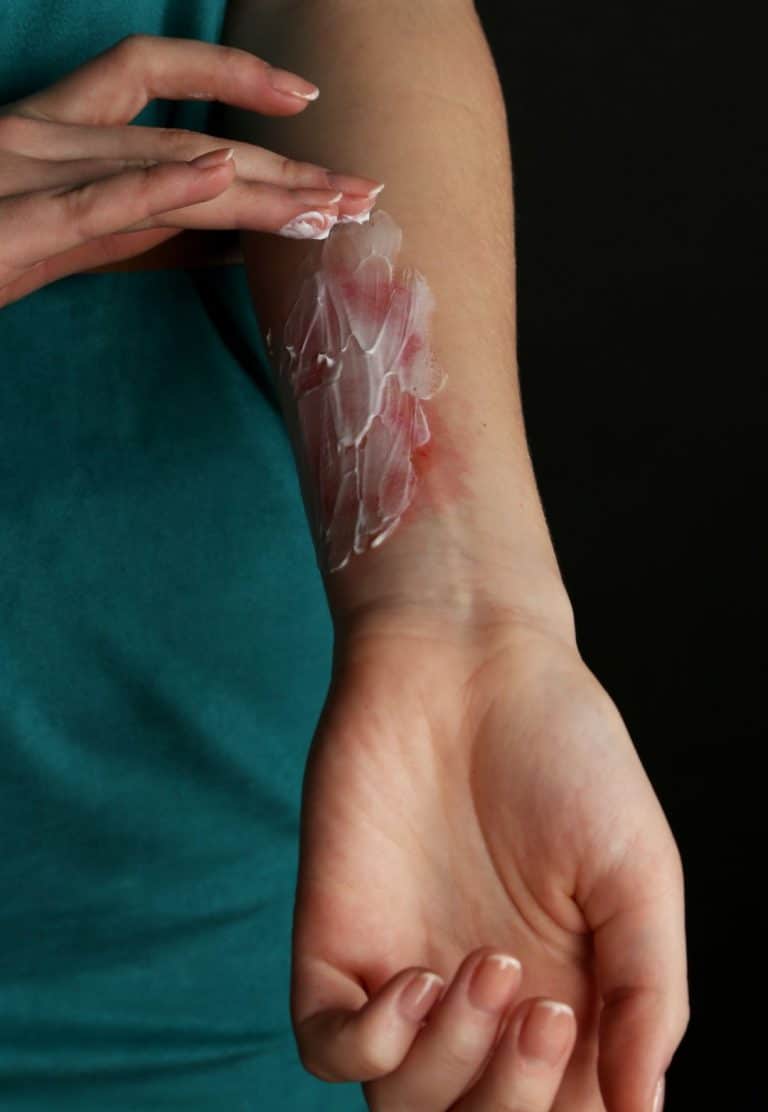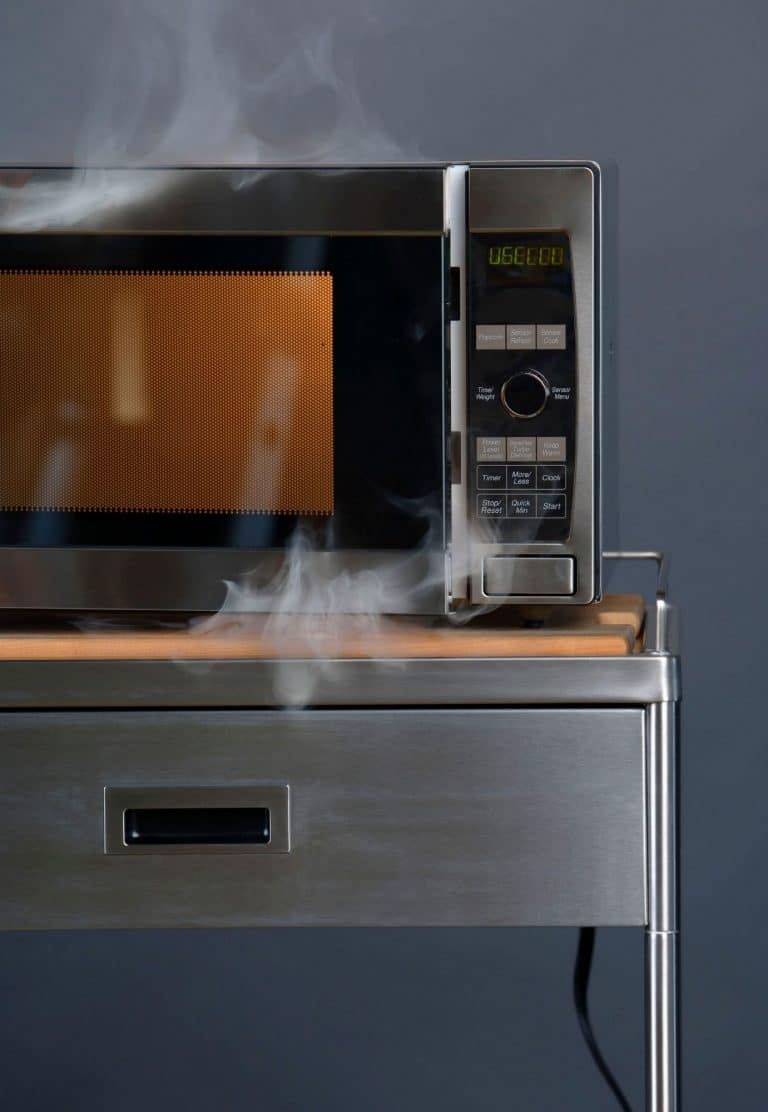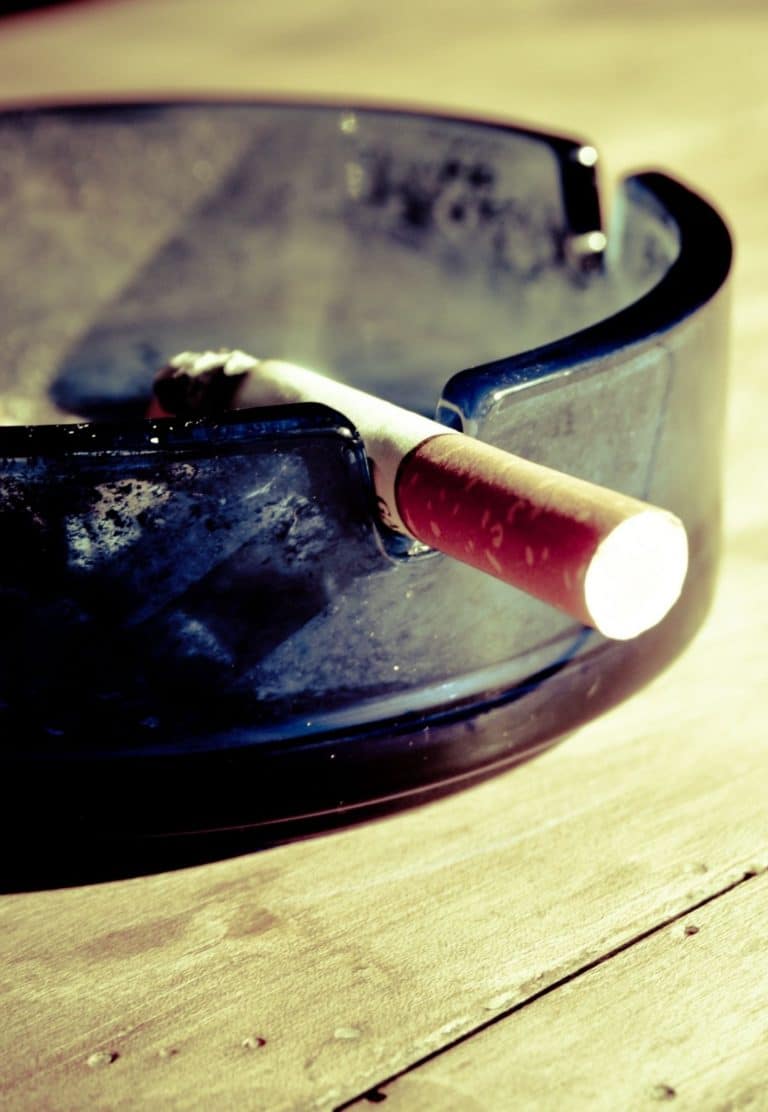
During the holidays, it’s likely that we are preparing large meals and have many people around us in the kitchen.
For Richmond Fire-Rescue, the holidays are the busiest time of the year due to large numbers of cooking fires.
Be sure you’re aware of how to prevent the risk of fire in your home, so you can celebrate worry-free.
Cooking Safety Checklist:
- Set timers to check on your food frequently.
- Keep children and pets away from hot foods, liquids, knives and stovetops.
- If you are using a fryer, check that oil won’t overflow when you place your food in.
- Check that all your smoke alarms at home are working.

Burn Awareness Week 2023
February 5th through 11th is Burn Awareness Week; this year’s theme is bringing awareness to scald injuries.
Each year, BC Children’s Hospital cares for nearly 300 young children who have suffered burns or scald injuries.
The Squad would like to thank Frances MacDougall, the creator of the “Too Hot for Tots” Program, which informs caregivers of the burn hazards in the home, for joining us this week to discuss burn prevention.
Please help support the BC Burn Fund at Burnfund.org.
(Full interview Coming Soon!)

A clean dryer makes for a safe and happy home.
By keeping your dryer free of dirt and lint, you can prevent home fires.
Dryer safety checklist:
- Do not use your dryer without a lint filler.
- Remove and clean all lint before and after each load of laundry.
- Turn your dryer off when you go to sleep or leave the house.
- Check the outdoor vent flap to make sure it is not covered by snow or leaves.
- If you notice that your clothes are taking longer to dry than usual, clean your vent pipe or hire a dryer lint removal service.

We use microwaves constantly, which is why it is so important to know a couple of key tips to ensure you and your family are always safe.
The biggest risk with using microwaves is scald burns.
Do’s and don’ts of staying safe around microwaves
Do:
- Supervise children when they are using microwaves
- Use microwave-safe food containers and dishes when heating up food
- Open heated food lids slowly, away from the face, as hot steam can cause burns
- Purchase microwaves that have the label of an independent testing laboratory and complete the product registration card
- Ensure your microwave is at a safe height and within easy reach for everyone
- Warm baby bottles in a bowl of warm (not hot or boiling) water, or by running it under a tap
Don’t:
- Use aluminum foil or metal in microwaves
- Plug microwaves into extension cords –– always plug them in directly into wall outlets
- Heat baby bottles in microwaves –– since they heat unevenly, they can create hot pockets which can cause burns
If you have a fire in your microwave:
- Leave the microwave door closed, turn the oven off and unplug it from the wall
- If the fire does not go out, get outside and call 9-1-1

Smoking is a major cause of fire, especially in our city.
In Richmond, the number one reason fires take place is due to smoking materials not being discarded properly. However, it is entirely preventable.
Do’s and don’ts of smoking at home:
Do:
- Smoke outside instead of inside, if you have to smoke at home
- Use a deep, sturdy ashtray and keep it away from anything that can burn
- Keep all smoking materials like lighters, matches and cigarettes away and out of reach from children
- Put all cigarette butts and ashes in sand or water before you throw them out
Don’t:
- Throw away cigarettes in any grass or plants
- Smoke anywhere where medical oxygen is used
- Smoke indoors
